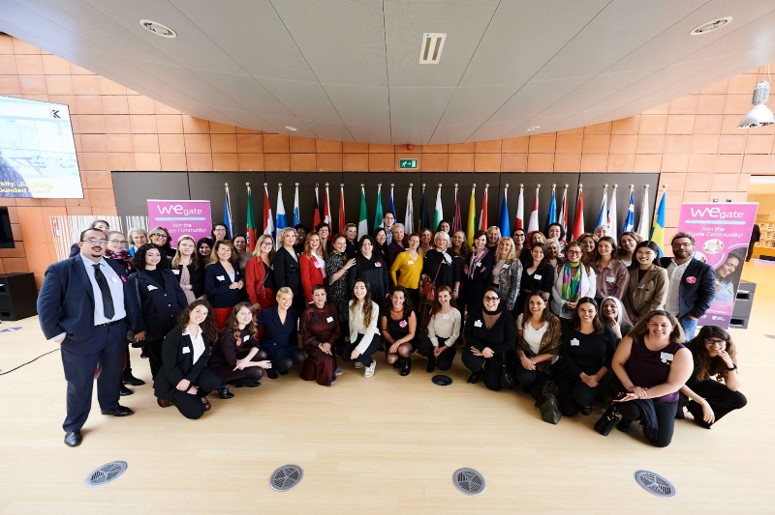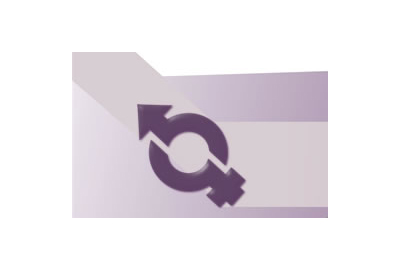
Disclaimer: This information was extracted from the article “Women entrepreneurs are our best opportunity” By Teresa Czerwinska, Lilyana Pavlova and Gelsomina Vigliotti, Vice Presidents of the European Investment Bank, published on the European Investment Bank’s website. The full article can be found here
Female startup founders are a rarity in Europe. That is partly because women start fewer companies than men. Despite receiving less than half of the investment capital of their male peers, female-founded companies deliver twice as much revenue per dollar invested.
Women are particularly underrepresented in venture capital. Even when they do create a startup, women have trouble getting funding. Female entrepreneurs pulled in only a tiny fraction – 1% – of venture capital investment in 2021.
A study by the European Investment Bank’s Innovation Finance Advisory, Funding Women Entrepreneurs: How to Empower Growth, finds that venture capital and seed funding for women-led and -owned companies are gradually improving in the European Union. More women are also founding their own investment funds or working as lead partners in venture capital funds.
To catch up, radical change is needed. Addressing four key areas could radically improve women’s ability to start and fund businesses:
- Increase the number of female fund managers and decision-makers in venture capital funds. The lack of female partners in venture capital firms and the dearth of investment funds run or managed by women are important obstacles. Only 5% of managing partners in EU venture capital funds are women, while women make up about 15% of general partners at US venture capital firms.
- Invest with a gender lens, by creating dedicated funds and financial instruments to support women’s entrepreneurship. Some of the barriers female entrepreneurs face are structural. For example, general partners are expected to pony up 1-3% of the capital in a new fund. Female investors may lack the deep pockets to make that kind of investment or to cover operating expenses before the fund starts to make a return. They may also lack the track record of their male colleagues, making it harder to raise funds.
- Help women find the funds and technical advice needed to grow their businesses. Most women rely on their own savings and contributions from family members to found a business, which can radically limit their firm’s growth. Studies in France found that 10% of female entrepreneurs approach banks for support, about one-third fewer than male entrepreneurs. National initiatives like Enterprise Ireland, the Centre for the Development of Industrial Technology in Spain and Bpifrance provide funds for female-owned businesses at the early stage, but those funds can taper off as the business grows.
- Support women entrepreneurs in sectors where they are severely lacking, such as in high-tech and science, technology, engineering and mathematics (STEM) fields. While the number of women working in research in Europe is slowly growing, women remain underrepresented as inventors in all technology domains, according to the She Figures 2021 survey by the European Commission. Their absence means that one of the most dynamic areas of economic growth – high technology and innovation – is evolving without taking into account the input, experiences or perspectives of half the population. The lack of female role models also has a profound effect on girls interested in STEM fields.
The good news is that the venture capital funding landscape is changing. In addition to the number of women in venture capital firms, some women entrepreneurs are founding their own investment companies. Investing in women is good business, both financially and by creating long-lasting impact. What are some of the challenges and opportunities you want to share with our community of women entrepreneurs?






